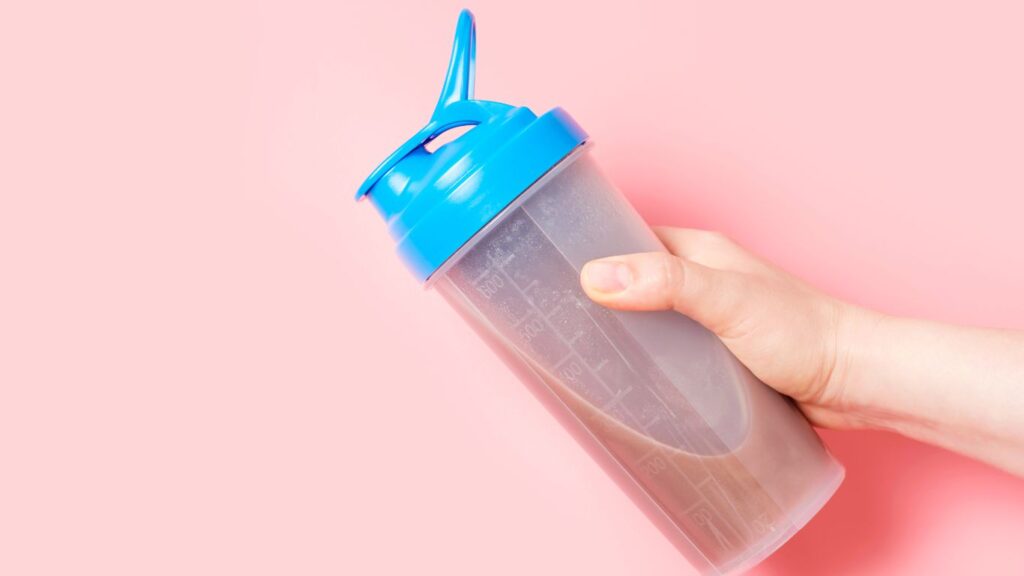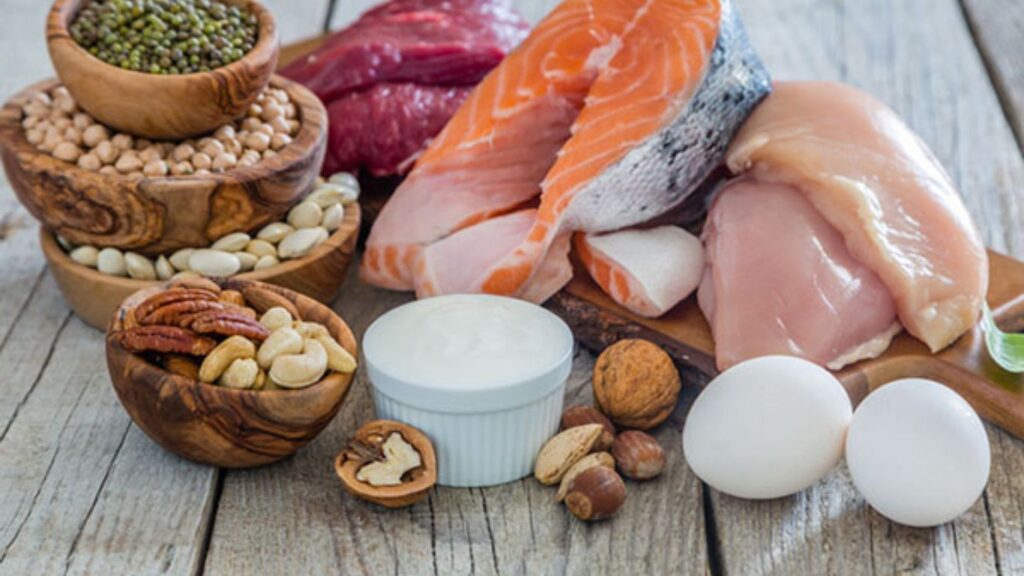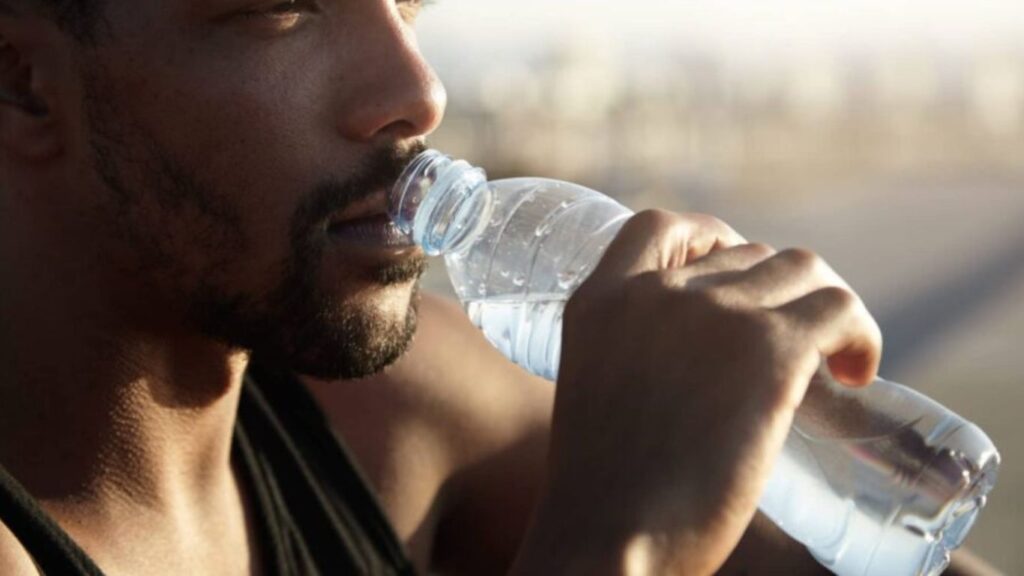Leg day is one of the most challenging parts of any workout routine. The exercises demand a lot of energy and target some of the largest muscles in your body, including the quads, hamstrings, glutes, and calves. To maximize your performance during leg day and ensure proper recovery, nutrition plays a key role. What you eat before and after your leg workout can significantly impact your energy levels, muscle growth, and recovery time. In this blog, we’ll break down the essential components of leg day nutrition and provide tips on what to eat before and after your workout.
Leg Day Nutrition: What to Eat Before and After to Fuel Your Workouts
Why Nutrition Matters on Leg Day
Fueling your body with the right nutrients before a workout helps ensure that you have enough energy to perform at your best. After leg day, proper nutrition aids in muscle recovery, reduces soreness, and accelerates muscle growth. Skipping proper pre- and post-workout nutrition can lead to fatigue, poor performance, and a prolonged recovery period.
Pre-Workout Nutrition
The goal of pre-workout nutrition is to provide your body with the energy it needs to power through your workout. This is especially important on leg day when you’ll be doing heavy lifts, squats, lunges, and other demanding exercises. Here’s what you should focus on:

1. Carbohydrates: The Primary Energy Source
Carbohydrates are the body’s preferred source of energy, and they are especially important before leg day. Carbs help replenish glycogen stores in your muscles, which provide the fuel needed for intense workouts. Without adequate carbs, you may feel fatigued, sluggish, or unable to lift as much weight as you usually do.
What to Eat:
- Oatmeal with fruits
- Whole grain toast with peanut butter
- Brown rice or quinoa
- Sweet potatoes
- Bananas
These complex carbs provide sustained energy throughout your workout and keep your blood sugar stable, ensuring you perform at your best.
2. Protein: Building Blocks for Muscle
Consuming protein before a leg workout helps your muscles repair and rebuild during and after the workout. While carbs are crucial for energy, protein is essential for muscle growth and recovery.
What to Eat:
- Grilled chicken breast
- Greek yogurt
- Protein smoothie (with protein powder, milk, and a banana)
- Hard-boiled eggs
- Cottage cheese
Aim to consume about 15–20 grams of protein before your workout to provide your muscles with the necessary building blocks for repair and growth.
3. Hydration: Staying Hydrated for Performance
Dehydration can severely impact your performance, especially during intense leg day workouts. It’s important to hydrate before you start exercising to prevent fatigue, cramps, and dizziness.
What to Drink:
- Water (drink at least 16–20 ounces of water 1–2 hours before your workout)
- Coconut water (for added electrolytes)
- Sports drinks (if you’re planning a particularly long or intense workout)
When to Eat:
For optimal performance, aim to eat your pre-workout meal 1–2 hours before your workout. If you’re short on time, a light snack 30–45 minutes before your workout will still help provide some fuel.
Post-Workout Nutrition
After leg day, your muscles are in a state of recovery, and proper post-workout nutrition is essential to repair muscle fibers, replenish glycogen stores, and reduce muscle soreness. Here’s what you need to focus on:

1. Protein: Essential for Muscle Repair and Growth
Post-workout protein helps rebuild the muscle fibers that were broken down during your leg workout. The key is to consume high-quality protein sources that are rich in amino acids, especially leucine, which plays a significant role in muscle repair.
What to Eat:
- Grilled salmon or chicken
- Whey protein shake
- Eggs (boiled, scrambled, or in an omelet)
- Tofu or tempeh (for plant-based options)
- Cottage cheese
Aim for about 20–30 grams of protein within 30–60 minutes after your workout to kickstart the recovery process.
2. Carbohydrates: Replenishing Glycogen Stores
Post-workout carbs are essential to replenish the glycogen you used during your workout. Consuming carbs after leg day helps restore energy and aids in muscle recovery, allowing you to come back stronger for your next workout.
What to Eat:
- Brown rice or quinoa
- Sweet potatoes
- Whole grain pasta or bread
- Fruits like berries, apples, or oranges
Pairing carbs with protein creates the perfect environment for muscle recovery. A good carb-to-protein ratio post-workout is typically 3:1 (carbs to protein).
3. Fats: Supporting Muscle Recovery
Healthy fats play a role in reducing inflammation and supporting muscle recovery. While fats slow digestion, they can still be beneficial in moderate amounts post-workout, particularly in combination with protein and carbs.
What to Eat:
- Avocados
- Nuts and seeds (such as almonds or chia seeds)
- Olive oil
- Nut butters (like almond or peanut butter)
Adding a small amount of healthy fat to your post-workout meal can help keep you full and satisfied.
4. Hydration: Replenishing Lost Fluids
During leg day, you sweat out essential fluids and electrolytes, so rehydrating after your workout is key. Water is the best option for most people, but if you’ve had an intense workout or sweated heavily, consider replenishing electrolytes as well.

What to Drink:
- Water (at least 16–24 ounces post-workout)
- Coconut water (for natural electrolytes)
- Electrolyte drinks (if needed)
Conclusion
Proper nutrition before and after leg day is critical for optimizing your performance and recovery. Consuming a balanced pre-workout meal with carbs, protein, and hydration will give you the energy you need to push through your workout, while a protein- and carb-rich post-workout meal will help repair muscles and replenish energy stores. By fueling your body with the right nutrients, you’ll ensure that your leg day workouts are not only productive but also sustainable for long-term gains.
Also read: Knee-Friendly Cardio: 7 Best Low Impact Exercises to Keep Your Knees Safe
